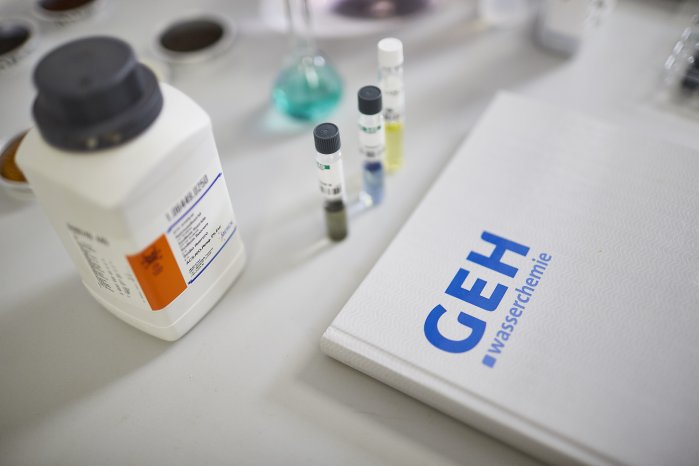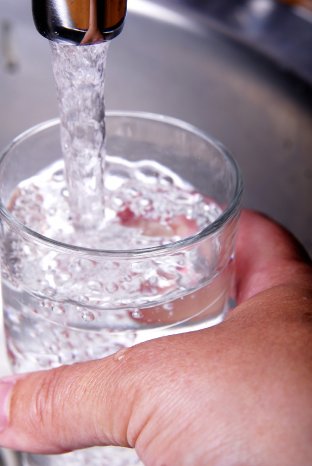The latest version of Germany’s Drinking Water Ordinance came into effect on 24 June. Aside from new regulations governing permissible limits for the forever chemicals PFAS and a binding risk management system for water suppliers, modifications have also been made to several other permissible limits The permissible limit for arsenic, for example, has been lowered from 10 to 4 μg/l, and for lead, from 10 to 5 μg/l. Although the stricter standards have been immediately adopted in the most recent version of the Drinking Water Ordinance, transitional arrangements will apply for new and existing plants until 2028 and 2036 respectively.
Prof. Jekel (TU Berlin) sees great challenges ahead for German water suppliers as a result of these changes. “Significantly more wells will be impacted by the lower permissible limits. Suppliers currently operating water treatment plants will also need to make adjustments. Meeting the stricter standards will require existing technologies to be reviewed and potentially expanded or replaced.”
Arsenic and lead can be removed from water using a variety of methods. Adsorption onto GEH® Granular Ferric Hydroxide is especially suited to reliably meeting the stricter permissible limits. This process involves safely removing the relevant target substance to a level below the detection limit. GEH Wasserchemie thus has a ready-made solution not only to get existing arsenic removal plants fit for the future but also to help water suppliers facing this issue going forward.
Further links:
https://www.recht.bund.de/bgbl/1/2023/159/VO.html
https://www.dvgw.de/...



